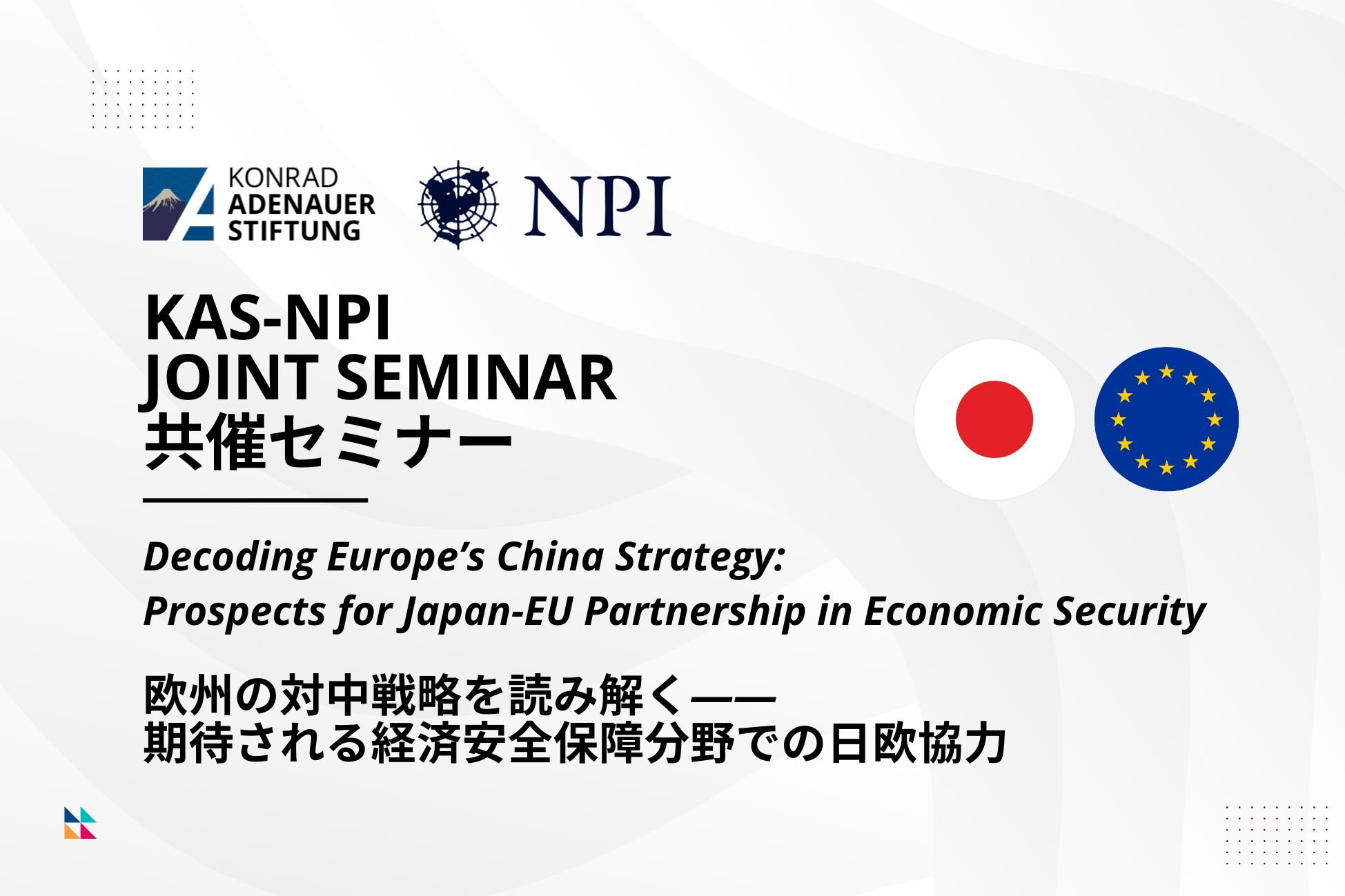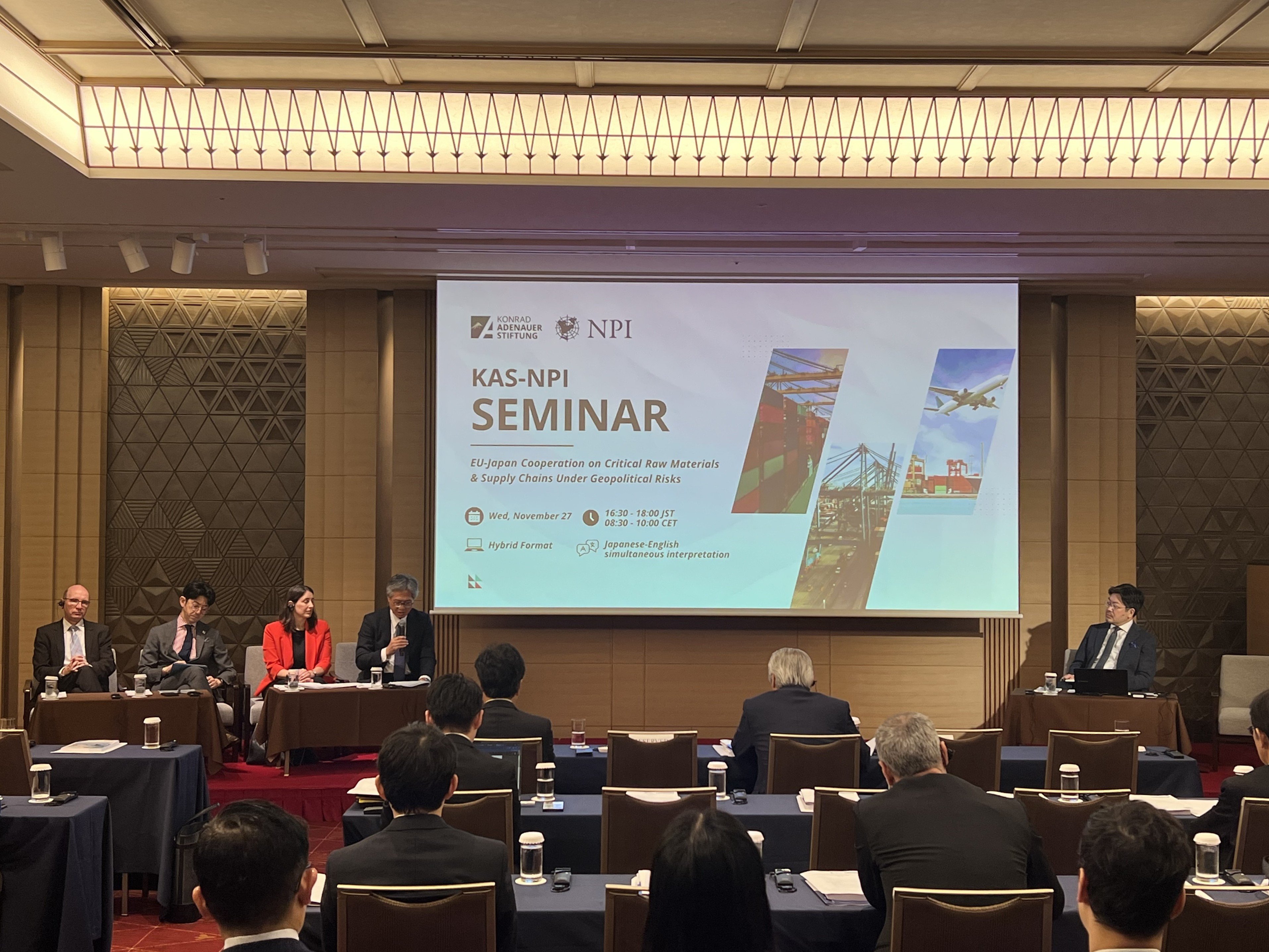2015/12/17
No. 222: Motoko Shuto, "Prospects and Challenges for the ASEAN Socio-Cultural Community (ASCC)"
While APSC and AEC focus on their own broad but specific dimensions in contributing to the realization of an ASEAN Community, ASCC extensively focuses on all other residual dimensions. Accordingly, ASCC deals with a wide range of issues but its core focus is people, and its primary purposes are to improve quality of life, forge a common regional identity among peoples, and create a people-centered ASEAN community. The norm of a "people-oriented" ASEAN was initially promoted by civil society groups and was eventually mentioned as one of the purposes of ASEAN in the ASEAN Charter. In this respect, the prospect of an ASEAN Community depends greatly on how well ASCC can achieve its primary purposes above.
This article discusses, first, how the ASEAN norms have expanded during the past decades and reviews developments in setting ASCC goals. The six goals of ASCC in the 2009 ASCC Blueprint are human development; social welfare and protection such as poverty alleviation; social justice, the promotion and protection of the rights of women, children, the elderly and persons with disabilities; environmental sustainability; the building of an ASEAN Identity, and the narrowing of the development gap in the region. This article then examines the features of the decision-making processes and clarifies three patterns of policy implementation for ASCC programs.
The ASEAN Secretariat has actively taken the initiative in the decision-making processes for ASCC-related programs by presenting draft agendas to the chair governments of the ASCC Council for consultation, and then presenting the agendas with revisions (if any) to the Senior Officials Meeting for the ASCC (SOCA) for discussion. Most of the diverse agenda items for ASCC Council Meetings can be categorized as matters traditionally falling under domestic policy, such as poverty reduction, education, protection of the rights of women and children and social welfare but, at the same time, there are new agenda items that definitely depend on policy coordination at the regional level, such as enhancing a regional identity, strengthening disaster resilience and narrowing the development gap (particularly in its social dimensions) among the member states. In any case, individual member governments are responsible for implementing ASCC-related programs in the domestic context.
With regard to the goals of ASCC, this article argues four points. First, since the ASCC Blueprint was adopted, a number of programs in various sectors have gotten underway. Their financial and human resources, broadly speaking, stem from three types of initiatives: initiatives based on UN organizations and/or multilateral cooperation, initiatives based on external bilateral cooperation, and initiatives from within ASEAN member states.
Though most of the ASCC programs depend on support from, and cooperation with, major donors either bilaterally or multilaterally, new developments have taken place based on initiatives from within, particularly in the higher education sector. For instance, ASEAN Study Centers have been established in major universities in Indonesia, Thailand and Singapore, and the ASEAN Studies course started at the undergraduate level and the ASEAN Credit Transfer System (ACTS) are now available at major universities in ASEAN countries. It remains to be seen how these new developments can contribute to forging an ASEAN identity among the young generations of ASEAN countries, and this may take time. New schemes of cooperation have also been established in disaster management programs. For instance, the ASEAN Coordinating Centre for Humanitarian Assistance on Disaster Management (AHA Centre) established in 2011 is expected to contribute to building up nations' disaster resilience.
Second, as far as ASCC-related programs are concerned, the ASEAN Secretariat is taking the initiative in presenting program proposals, as mentioned earlier. Many of these are implemented in cooperation with major donors and international organizations. Such a multilateral framework of cooperation shows that approaches to ASCC depend on external support and cooperation in addition to regional cooperation. In other words, internationalization and regionalization approaches are being simultaneously pursued toward the goal of creating a regional community through ASCC.
Third, while there is a growing transnational network of experts, students, and civil society groups striving for a "people-oriented" ASCC, it is left to the discretion of each government to decide who can be counted as part of its "people." If a member state rejects including a certain ethnic group among its people, there is nothing that ASEAN can do to change the situation, as the Rohingya case has revealed for years. Consequently, the massive humanitarian crisis of the Rohingya people cannot appear on the agenda for ASEAN Ministerial Meetings. This is one of the difficult limitations of the "people-oriented" approach of ASCC at present.
Finally, the target sectors of ASCC are deeply related to human development and human security, to which Japan has contributed through its ODA either bilaterally or multilaterally for decades. Based on such experience and its record of cooperation in ASCC-related programs, Japan is expected to put its cooperation priorities on the six goals of ASCC to help improve the quality of life of people and realizing a people-centered ASEAN Community.
Motoko SHUTO is a Professor, Graduate School of Humanities and Social Sciences, University of Tsukuba. Among her authored books are Gen Kikkawa, M. Shuto et al. eds., Global Governance, Houritsu-Bunkasha, 2014. Carolina G. Hernandez and M.Shuto, "ASEAN-Japan Strategic Partnership in Southeast Asia: Socio-Cultural Pillar" in Rizal Sukma and Yoshihide Soeya eds., Beyond 2015, Tokyo: Japan Center for International Exchange, 2013, pp. 58-73.
A part of the arguments in this article were firstly appeared in Japanese in"Prospect and challenges of ASEAN Socio-Cultural Community (ASCC),"KOKUSAIMONDAI, No. 646 (November 2015), http://www2.jiia.or.jp/BOOK/
The views expressed in this piece are the author's own and should not be attributed to The Association of Japanese Institutes of Strategic Studies.








